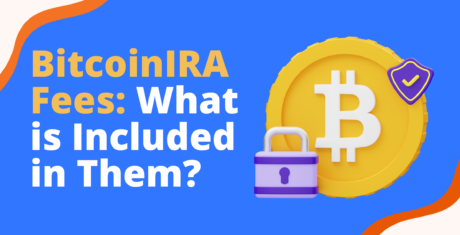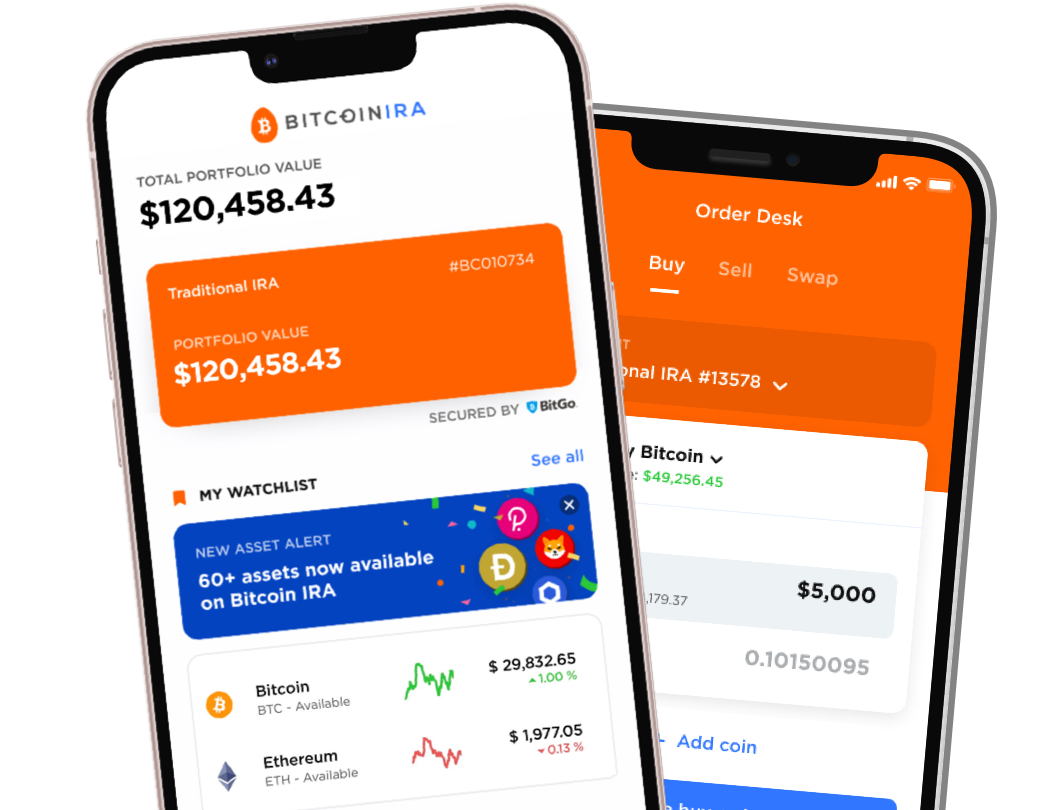Should you invest in Bitcoin?
 If you require portfolio diversity and strong upside potential, the short answer to the question is “yes.”
If you require portfolio diversity and strong upside potential, the short answer to the question is “yes.”
However, a recent Forbes article astutely points out that investors might be reluctant to add bitcoin to their portfolios because they don’t entirely understand it. We couldn’t agree more. Bitcoin is an entirely new asset class, and has to be understood in terms of its own value and market dynamics.
In defining something unfamiliar, it’s occasionally helpful to point out what that entity isn’t, before considering what it actually is. So let’s first take a quick glance at what bitcoin isn’t.
Bitcoin is certainly not a stock.
When you own, say, $1,000 worth of stock, you actually own part of a company. If that company is strong and profitable, it may even pay dividends – although the fact that a company regularly pays dividends doesn’t automatically mean its stock represents a wise investment.
Make no mistake. While some stocks are clearly better than others, all stocks are, at best, paper assets. Despite any comfortable feeling you may have about a particular stock, you need to routinely monitor its progress. Blockbuster, Enron, General Foods and TWA are all examples of companies once considered Wall Street “darlings,” and are no longer in business. Had you held shares in any of them till the very last minute in hope of a reversal, you would have lost all your money.
Bitcoin is also not a commodity.
When we use the word “commodity” in a discussion about investing, we’re usually referring to a physical good like lumber, silver or even the orange juice we drink, as a tradable entity on an established commodity market.
Commodities are either traded on the spot or the futures market. On the spot market, a commodity is traded in real time for immediate delivery. More often, commodities are traded on the futures market. In these instances, what is actually being traded is not the physical commodity itself, but a contract to buy or sell the commodity at some specified future date. An investor who calls the price correctly at the contract’s expiration date stands to make a windfall. On the other hand, an investor who misses the mark can easily be wiped out. Commodity investing is not for the unseasoned investor not for the faint of heart, and it’s most certainly not a venue for one’s retirement funds.
But then if bitcoin is not a stock or a commodity, can we call it a currency?
The generally accepted notion of currency is that it’s a form of money – either in paper or coin form – used to purchase goods and services. Traditional currencies are issued by the government of a specific country; and some, like the U.S. dollar, are honored in several countries.
Currencies are traded on the foreign exchange – FX or forex – market. It is, by far, the largest financial market in the world. The most active participant/traders are banks and other financial institutions. Like the futures market, this one is not for amateurs or private investors. Trying to gain a foothold in this market would be akin to wiring your entire house with just a “Dummies” book as your only guide.

Bitcoin is a currency in the sense you can use it to purchase goods and services, but it is not tied to a particular country. Indeed, one of the principal benefits of bitcoin is that it’s a peer-to-peer transaction. When you purchase using bitcoin, you bypass the intermediary of a bank or other financial institution, thus assuring yourself of a transaction with enhanced privacy, security and efficiency.
Also, while some forex brokers will now accept bitcoin, we recommend you steer clear of such a transaction. Forex markets have not yet entirely accommodated the differences and idiosyncrasies of bitcoin. Add to that problem the normal risks of the forex markets, and you stand to lose your entire initial investment too easily.
That said, bitcoin has some similarities to all of the above asset classes. But its differences are so conspicuous that many experts feel it deserves to be classified as a separate asset class. One thing’s for sure – bitcoin’s price is uncorrelated to that of any of the traditional assets.






 3,500+ 5-Star Reviews
3,500+ 5-Star Reviews